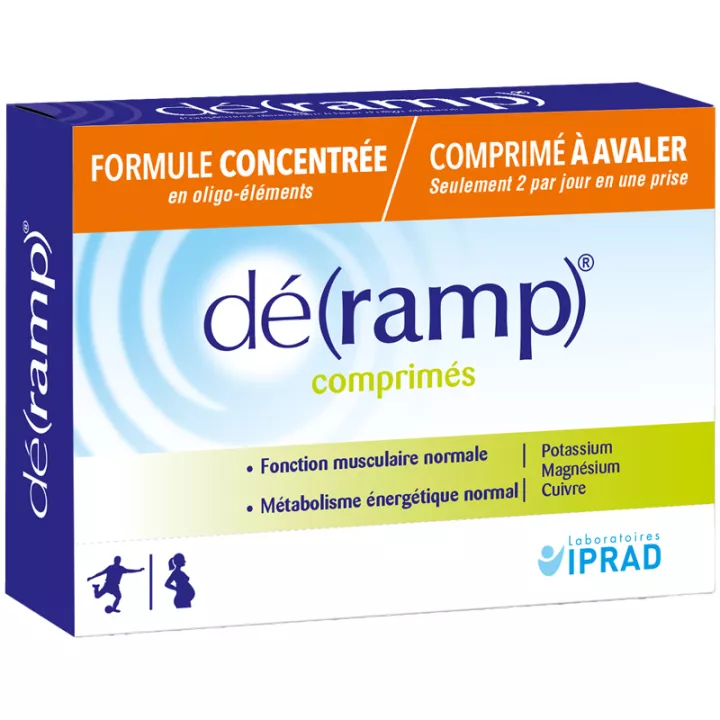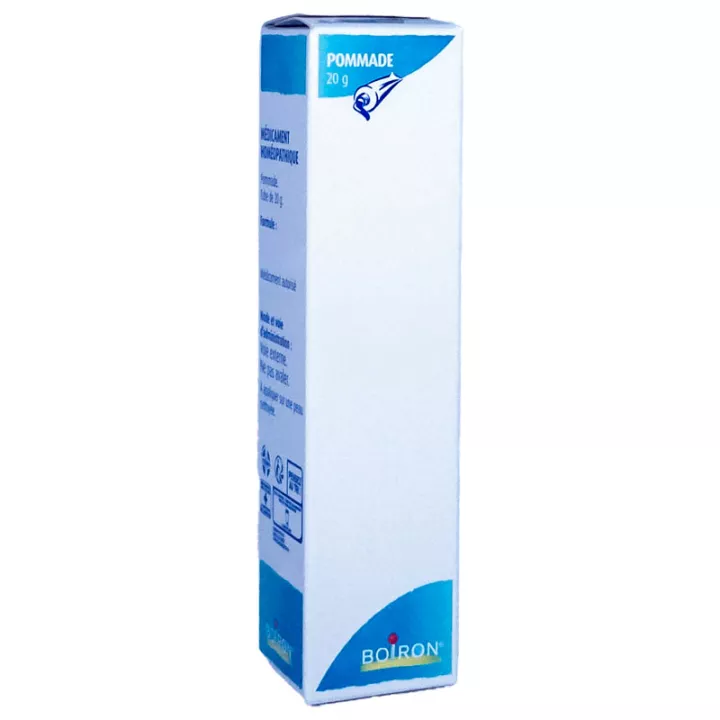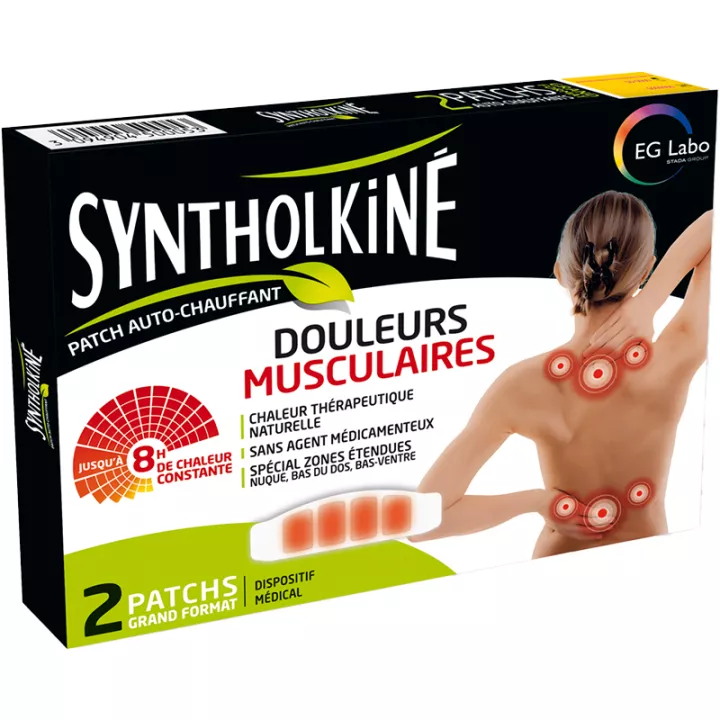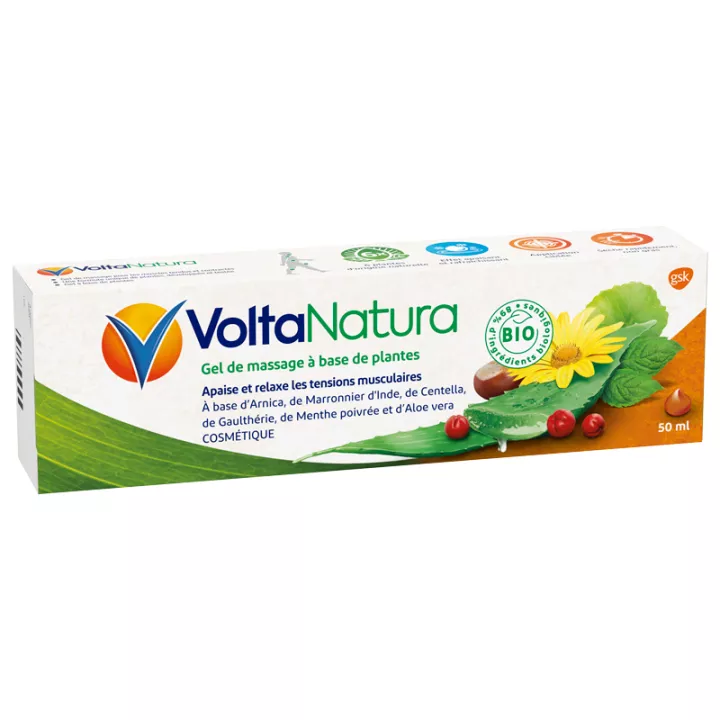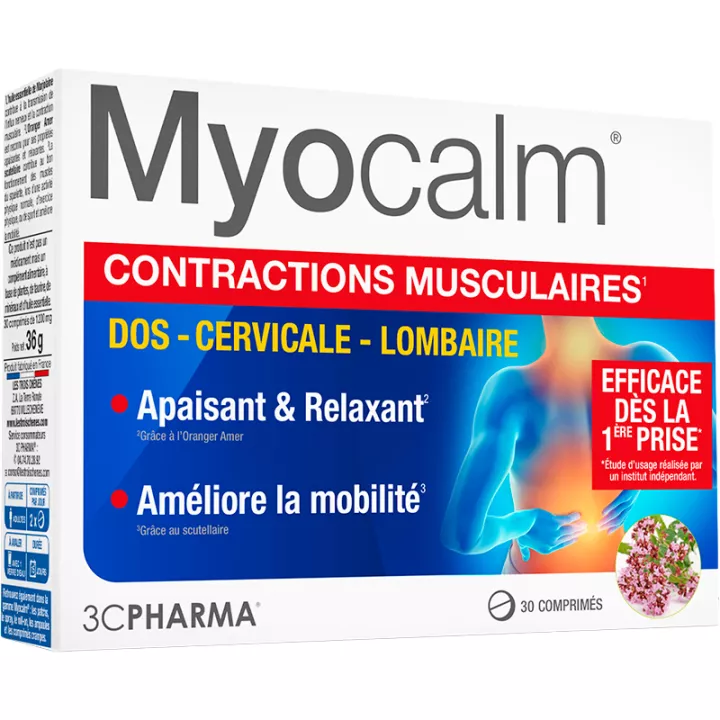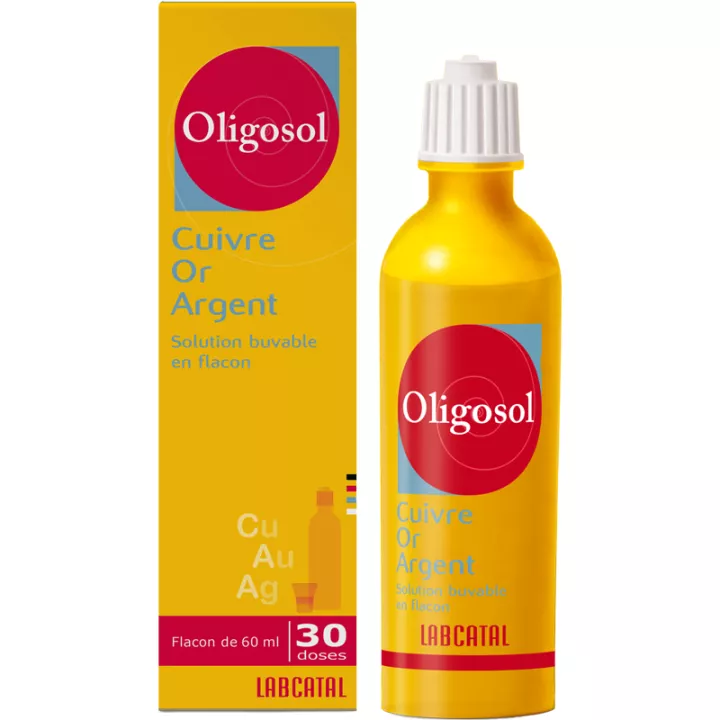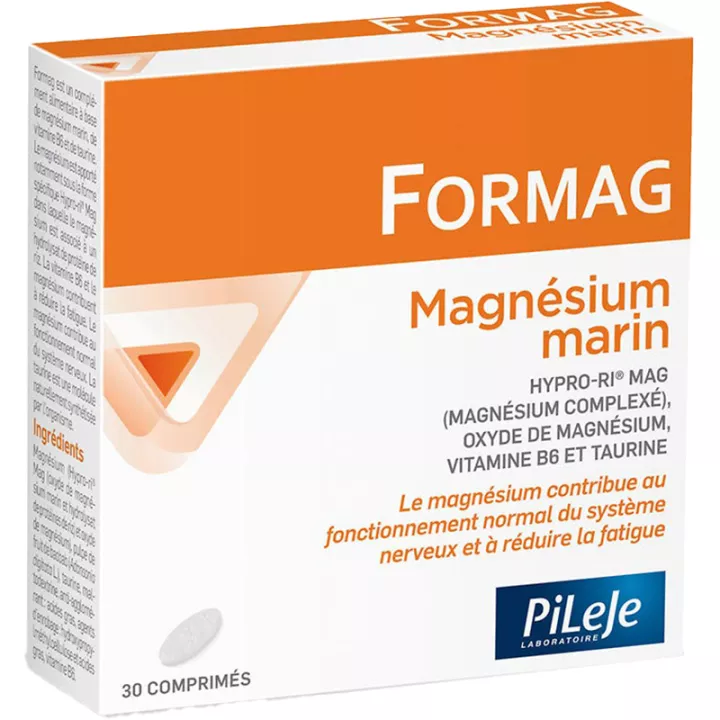Why use Iprad Dé Cramp Contractures Musculaires?
Practising a sporting activity can lead to unpleasant muscular contractures that restrict our movements: Laboratoires Iprad have formulated a dietary supplement whose active ingredients will help reduce muscular contractures: DéCramp tablets.
Cramps are musculoskeletal disorders manifested by involuntary, sustained, temporary and more or less painful muscle contractions, which are generally benign. They can occur at rest, including during sleep, or during fairly intense physical effort, whether in athletes during warm-up, during exercise, or even during the recovery phase.
Laboratoires Iprad's DéCramp Food Supplement helps prevent or soothe muscle contractures before and after sporting activity.
- help ensure normal muscle function, thanks to magnesium and potassium,
- contribute to normal energy metabolism, thanks to copper and magnesium.
A muscle cramp is a painful, brief, involuntary and sudden contraction of a muscle or muscle group. Cramps frequently occur in healthy people (usually middle-aged and elderly), sometimes at rest, but particularly during or after exercise or at night (especially during sleep). Nocturnal leg cramps usually occur in the calf, causing plantar flexion of the foot and toes.
We also offer Natures Plus Glucosamine Chondroitin MSM Ultra RX-Joint at the best price in our online pharmacy.
How to use these tablets against contractures?
Iprad Dé Cramp Contractures is easy and convenient to use. Take 2 tablets a day, in a single dose, with a large glass of water. This well-thought-out dosage means you can enjoy the benefits of this supplement without the hassle.
Precautions for use
DéCramp is ideal for preventing muscle contractions before or relieving them after sporting activities.
What does it contain?
Bulking agent: microcrystalline cellulose, potassium chloride, magnesium oxide, anti-caking agent: magnesium salts of fatty acids, copper gluconate.
Presentation
The DéCramp dietary supplement comes in a box of 30 tablets at the best online price.
Our expert advice
Preventing cramps during intense muscular effort requires a methodical approach based on scientific data. Here are a few specific tips to minimize the risk of cramps in such situations:
- Balanced hydration: Maintaining adequate hydration is essential to cramp prevention. Make sure you drink enough water before, during and after exercise. Water helps maintain electrolyte balance and optimal muscle function.
- Essential electrolytes: In addition to hydration, electrolyte intake is crucial. Minerals such as sodium, potassium, magnesium and calcium play a crucial role in muscle contraction. Consume isotonic drinks or foods rich in these electrolytes to maintain an appropriate balance.
- Nutrient-rich diet: A balanced, nutritious diet prior to exercise is essential. Nutritional deficiencies can increase the risk of cramps. Be sure to include sources of magnesium, potassium and calcium in your meals to support muscle function.
- Stretching and warming up : Before starting an intense effort, prepare your muscles with dynamic stretching and a progressive warm-up. This can help reduce the risk of cramps by improving muscle flexibility.
- Intensity management: Avoid pushing your muscles beyond their limits from the outset. Gradually increase the intensity of the effort to allow your muscles to adapt to the increasing demand, thus minimizing the risk of cramps.
- Temperature control: Hot, humid conditions can promote dehydration and cramps. If possible, avoid training in excessively hot weather. If this isn't possible, wear breathable clothing and make sure you hydrate more frequently.
- Reasonable supplementation: If you have a history of recurring cramps despite a balanced diet, consider consulting a healthcare professional. Targeted magnesium or potassium supplementation may sometimes be recommended, but this should be done under medical supervision.
- Appropriate recovery: After exercise, take the time to rehydrate and provide your body with the nutrients it needs for muscle recovery. This will help prevent depletion of mineral reserves.
- Progressive training: Adopt a progressive approach to your training program. Avoid abrupt increases in intensity or volume, as this can increase the risk of cramps due to muscle fatigue.

